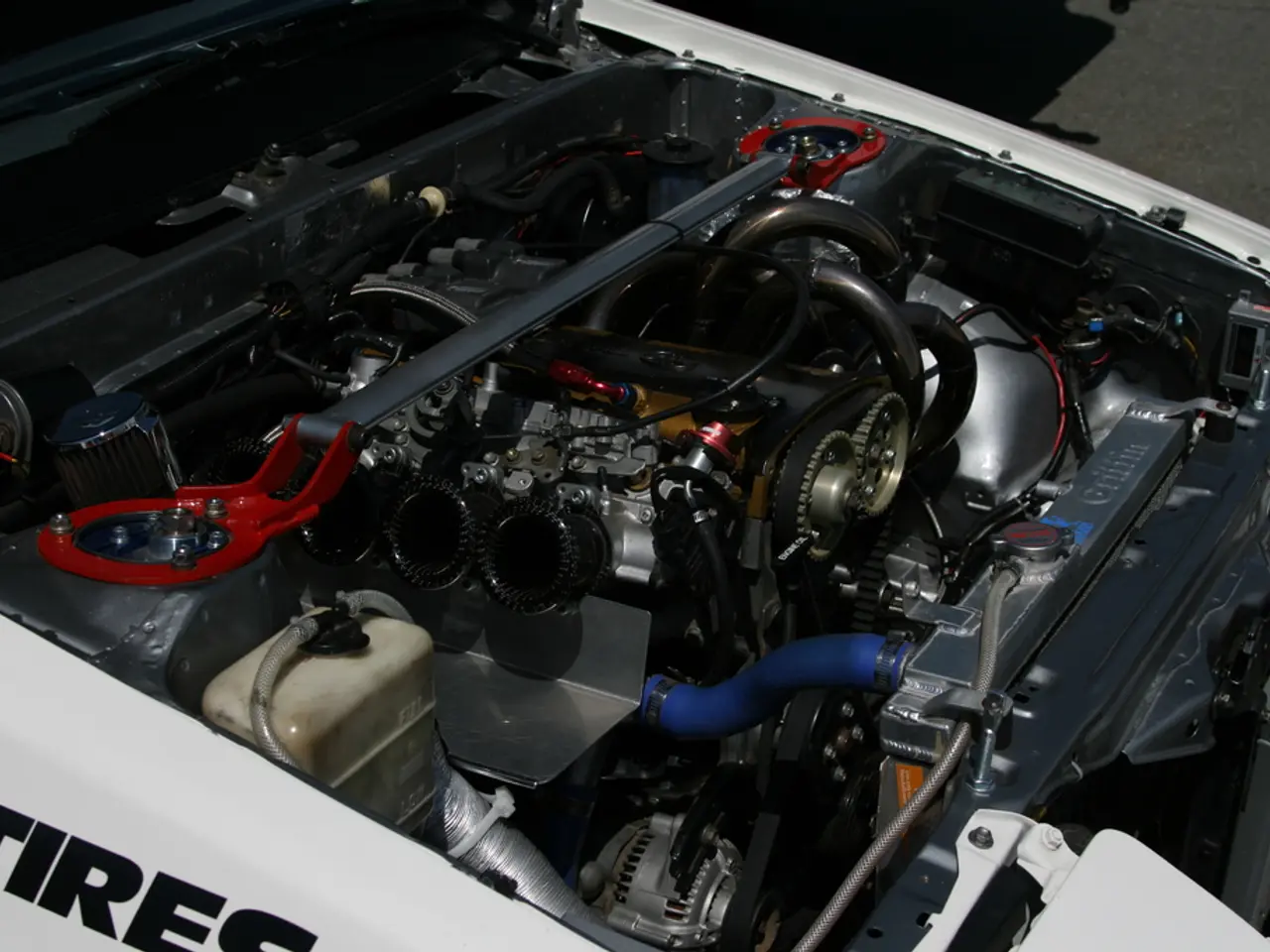BYD trials a solid-state battery claimed to offer an electric vehicle range of 1,500 kilometers.
Chinese automotive and battery giant BYD is making strides in electric vehicle (EV) technology, as it actively tests its first-generation solid-state batteries in real-world conditions in China. Though the specific model under trial has not been confirmed, prototypes are being tested to push the boundaries of EV performance.
The solid-state battery technology, set to be integrated into BYD vehicles, is expected to offer significant improvements over current battery systems. With an energy density of 400 Wh/kg, it surpasses the company’s existing lithium iron phosphate (LFP) Blade batteries (150 Wh/kg), and even outperforms a recently updated Blade battery version reaching 190 Wh/kg.
**Key Features and Performance**
The new solid-state battery promises notable advancements in several areas. Its energy density of 400 Wh/kg, while slightly below some competing solid-state developments, is nearly double the current LFP battery offerings. This enhancement could translate to an estimated range of up to 1,500 km per charge according to the NEDC test cycle, or potentially as much as 1,875 km under the CLTC homologation cycle, with the EPA estimate around 1,300 km.
The battery's rapid charging capability is another standout feature, with 12 minutes required to achieve 80% charge, significantly reducing downtime for drivers. Additionally, the use of a solid electrolyte improves thermal stability and safety compared to liquid-based lithium-ion batteries.
**Testing and Release Timeline**
Ongoing real-world road trials started in 2025 and are expected to continue until around 2027. If testing is successful, limited-run production vehicles featuring the new solid-state battery technology could appear by 2027. BYD aims for full-scale integration and mass production of solid-state battery-equipped vehicles by 2030, with some recent statements suggesting mass production could begin earlier, possibly by 2028. Mainstream adoption is, however, expected by 2030.
BYD is also deploying thousands of 1 MW chargers in many parts of China, demonstrating the company's commitment to the electrification of transportation.
Riz Akhtar, a mechanical engineer and the founder of carloop, has been closely following the developments in the EV sector. After spending the first 7 years of his career building transport infrastructure, Akhtar has since dedicated himself to Australian EV data, insight reports, and trends. Driving a red Tesla Model 3, Akhtar remains passionate about the future of EVs and the role BYD's solid-state battery technology could play in shaping it.
The battery market is undergoing incremental shifts, with improvements in energy densities and faster charging capabilities becoming increasingly important. New chemistries designed for affordability are also emerging, signalling a promising future for the EV industry. With BYD's solid-state battery tests, the company is positioning itself to dominate the NEV market and drive the electrification of transportation further.
- BYD's solid-state battery technology, currently being tested in China, is poised to revolutionize the electric vehicle (EV) industry, offering a 400 Wh/kg energy density, surpassing the company's existing LFP Blade batteries.
- The improvements in the solid-state battery could potentially increase the vehicle's range under the NEDC test cycle to up to 1,500 km per charge, or as much as 1,875 km under the CLTC homologation cycle.
- The rapid charging capability of the new battery is one of its standout features, with 12 minutes required to achieve 80% charge, significantly reducing downtime for drivers.
- BYD's advancements in solid-state battery technology could have significant implications for the automotive industry, as the company seeks to integrate and mass produce vehicles equipped with the new technology by 2030.
- The evolution of the battery market is accelerating, with advancements in energy densities, faster charging capabilities, and affordable new chemistries becoming increasingly prevalent, signalling a promising future for environmental-science and the EV industry.
- Riz Akhtar, a mechanical engineer and the founder of carloop, is closely monitoring developments in the EV sector, especially the testing of BYD's solid-state battery technology, as it could potentially shape the future of the sports-betting and technology-driven sports industry.




